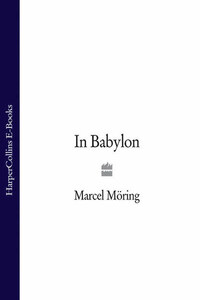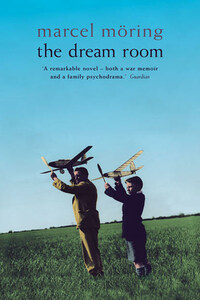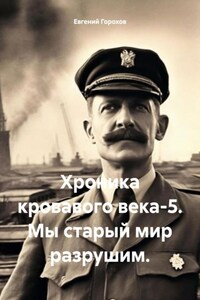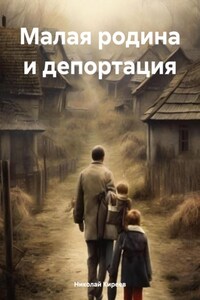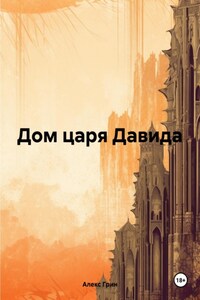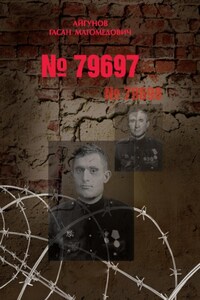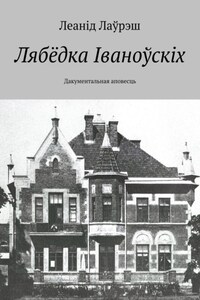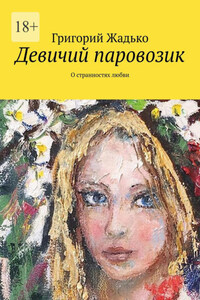‘Trees have roots. Jews have legs.’
ISAAC DEUTSCHER
‘Our civilisation is characterised by the word “progress’”. Progress is its form rather than making progress one of its features. Typically it constructs. It is occupied with building an ever more complicated structure. And even clarity is sought only as a means to this end, not as an end in itself. For me on the contrary clarity, perspicuity are valuable in themselves.
‘I am not interested in constructing a building, so much as in having a perspicuous view of the foundations of possible buildings.’
LUDWIG WITTGENSTEIN, Culture and Value
THE LAST TIME I ever saw Uncle Herman, he was lying on a king-size bed in the finest room at the Hotel Memphis, in the company of six people: the hotel manager, a doctor, two police officers with crackling walkie-talkies, a girl who couldn’t have been more than eighteen, and me. The manager conferred with the policemen about how the matter might be settled as discreetly as possible, the doctor stood at the foot of the bed regarding my uncle with a look of mild disgust, and I did nothing. It was just past midnight and Herman lay stretched out, his white body sinewy and taut, on that crumpled white catafalque. He was naked and dead.
He had sent up for a woman. She had arrived, and less than an hour later his life was over. When I got there the young hooker, a small blond thing with crimped hair and childishly painted lips, sat hunched in one of the two white leather chairs next to the ubiquitous hotel writing table. She stared at the carpet, mumbling softly. Uncle Herman lay on his back on the big bed, his pubic hair still glistening with … all right, with the juices of love, a condom rolled halfway down his wrinkled sex like a misplaced clown’s nose. His pale, old man’s body, the tanned face with the shock of grey hair and the large, slightly hooked nose evoked the image of a warrior fallen in battle and laid in state, here, on this dishevelled altar.
I stood in that room and thought of what Zeno, with a touch of bitterness in his voice, had once said, long ago, that you could plot family histories on a graph, as a line that rippled up and down, up and down, up and down; people made their fortune, their offspring benefited from that fortune, the third generation squandered it all, and the family returned to the bottom of the curve and began working its way back up. An endless cycle of profit and loss, wealth and poverty, rise and fall. Except for the history of our family, Zeno had said, that was a whole other thing. Our family history could best be compared to a railway timetable: one person left, and while he was on his way, another returned, and while he was busy arriving, others were setting out on a new journey. ‘Normal families stay in the same place for centuries,’ said Zeno. ‘If they do ever leave it’s a major historical event. In our family it would be a historical event if, even after just half a generation, we associated suitcases with a holiday instead of a new life.’
‘Right,’ said the doctor, who probably wasn’t much younger than the victim himself. ‘Let’s get to work.’ He placed his bag on the writing table, opened it, stuck his hand in the gaping leather mouth, and pulled out a spectacle case. The glasses gave him an air of efficiency, like a tailor about to pin up a hem. He went to the bed, moved the body over so he could sit down, and began poking and prodding. Then, peering into the dead man’s clouded eyes, he asked what had happened. I turned to the girl, who was still hunched over in her chair. She seemed to sense my gaze, and lifted her head. She looked extremely unhappy. ‘The doctor would like to know whether you noticed anything unusual.’ She shook her head. ‘Well?’ said the doctor. ‘Nothing,’ I said. ‘She didn’t notice a thing.’ The doctor frowned. ‘Are you saying he just popped off?’ I looked back down at the floor. She shrugged. Sighing, the doctor got to his feet and took off his spectacles. His eyes travelled around the room. Then he went up to the girl. He stood before her and, jabbing the air with his glasses, said, ‘What were you doing to him?’ The girl clapped her hand to her mouth and ran out the door. We heard her in the bathroom, quietly retching.
It was around one in the morning by the time the four of us emerged outside, in the moonlit doorway of the hotel. A hearse glided soundlessly by. The wind rustled the tall oaks around the patio, there was faint music in the distance. The doctor and the hotel manager reminisced about a man who had once been found tied to the bedposts, the girl and I watched the police car as it turned onto the road in a cloud of flying gravel. The doctor and the manager said goodbye and we were left behind. We stood outside the door listening to the music. It sounded like Ives.
